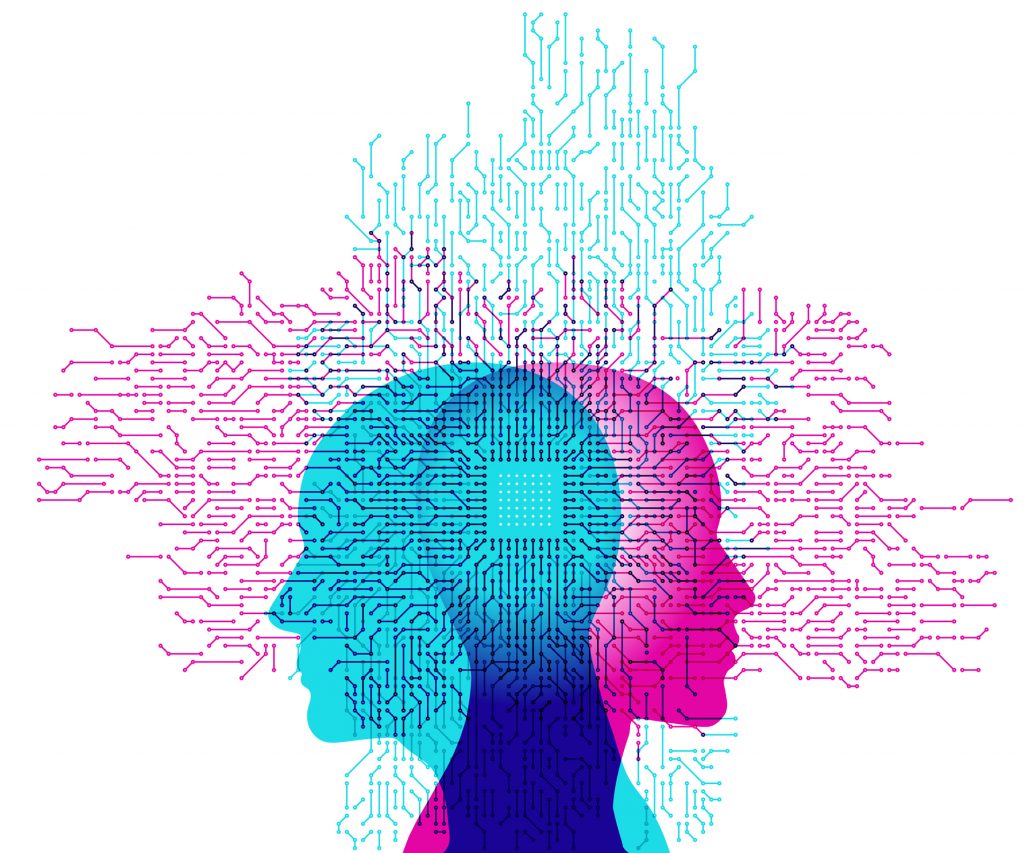
A new study out of MIT reports that brains interpret computer code differently from non-digital languages. According to the study, neuroscientists have found that while our brains activate the general-purpose brain network while interpreting code, they do not activate the language-processing centers.
While the language-processing centers of our brains are not activated, a different distributed network within our brains called the multiple demand network is activated. This network is also utilized during other complex cognitive functioning during activities like solving math problems or crossword puzzles.
“Understanding computer code seems to be its own thing. It’s not the same as language, and it’s not the same as math and logic,” says Anna Ivanova, an MIT graduate student and the lead author of the study.
The study was led by Evelina Fedorenko, the Frederick A. and Carole J. Middleton Career Development associate professor of Neuroscience and a member of the McGovern Institute for Brain Research. Fedorenko was especially concerned with the relationship between language processing and cognitive function. According to MIT News, she has been studying the different functions of the brain’s language network, which includes regions in the left hemisphere of the brain and Broca’s area. Her labs have previously shown that interaction with music and math (as opposed to language) do not activate the brain’s language network.
“Here, we were interested in exploring the relationship between language and computer programming, partially because computer programming is such a new invention that we know that there couldn’t be any hardwired mechanisms that make us good programmers,” Ivanova said in an interview with MIT News.
The study focused on two programming languages in particular: Python and ScratchJr. These programming languages are known for their readability, and Scratch Jr is a visual programming language designed for children age five and older.
The findings suggest that learning code is not as similar to learning languages as has been suggested in the past and brings up the question of whether coding should be taught as a math-based skill or a language-based skill.
“There have been claims from both camps—it has to be together with math, it has to be together with language,” Ivanova says. “But it looks like computer science educators will have to develop their own approaches for teaching code most effectively.”





